My word for this year has been “WANDER” and while I haven’t been physically wandering as I did last year at this time, I have let my mind wander. I let it wander through books by Olivia Laing including To the River: A Journey Beneath the Surface and her latest, The Lonely City: Adventures in the Art of Being Alone.
And my mind wandered as I prepared for the summer writing circles I called “An Invitation to Writing Life.” I appreciated exploring ideas, picking up books I hadn’t visited in awhile and sitting in the circle of women to explore and uncover together.
Sometimes though, the wandering became a more compulsive attachment to doing, accomplishing, adding just one more thing. That’s possibly why I was attracted to Roger Housden’s new book: Dropping the Struggle: Seven Ways to Love the Life You have (New World Library, 2016).
I’ve been a fan of Roger’s “Ten Poem” series. His essays about particular poems offer new insight and he tells his own life stories in relation to them. I appreciated a taste of many poets in his book, Dancing with Joy.
In Ten Poems to Change Your Life (Harmony Books, 2001), Roger wrote an essay about “Love After Love,” a poem by Derek Walcott. Roger said: “We spend much of our lives trying to make ourselves – to create the life we want, to forge some reality from our dreams. We live in a culture wedded to the fantasy of self-determination and self-made men. Yet there is another school of thought that looks at a human life from the other direction. Instead of making ourselves, this more ancient tradition would say we ourselves are there in embryo from the start, and we unfurl as we go along, colored by circumstance and climate. Just as the oak tree is there already in the acorn, the babe carries on its brow and in its eyes the mark and signature of its later life. Not the details, perhaps, but the particular energetic response to life, the quality of engagement that is unique to him. It is as if our joys and trials are there in seed form from the beginning. . . . The pattern of things, then, is there from the start. Who you are is there from the beginning. Your task in life is to discern that pattern, listen for it, and give room for it to emerge.”
Here is a link to “Love After Love” by Derek Walcott.
Roger begins his chapter “Dropping the Struggle for Love” in his new book with an excerpt from “Love After Love.” He says: “We are the beloved” and “when we know this, even for a moment, we see the beloved everywhere.
Can we ever be alone and without love if we just look at what’s all around us?”
Roger quotes others poets too: Czeslaw Milosz, Robert Bly and Rumi who, in “Love Dogs,” urges us “to follow our longing back to its source in the chest, back to the sensation of heartbreak, sorrow and loss.”
The chapter in which I made the most pencil notations and gave me pause, was “Dropping the Struggle for Meaning and Purpose.” As Roger says, we live in a culture that encourages us to find meaning in “outer roles and actions.” As he points out, obituaries are all about a person’s “outer achievements.” I know. I tend to read them in the Saturday paper and in any paper that comes our way during the week.
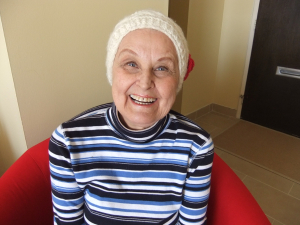 I had a look back at my friend Sharron Bertchilde’s obituary which she wrote before she died in December 2015. Sharron wrote: “I left this wondrous, beautiful, challenging earth on December 6, 2015, at home and surrounded by family, with gratitude for the miracle of having lived. What a fortunate, fun, fulfilling life. Thanks to those who I loved, and who loved me, nurtured me, taught me, laughed with me, cried with me, played with me, sang with me, danced with me, travelled with me, worked with me, demanded more of me when I gave in to my many human frailties, and still forgave and encouraged me.”
I had a look back at my friend Sharron Bertchilde’s obituary which she wrote before she died in December 2015. Sharron wrote: “I left this wondrous, beautiful, challenging earth on December 6, 2015, at home and surrounded by family, with gratitude for the miracle of having lived. What a fortunate, fun, fulfilling life. Thanks to those who I loved, and who loved me, nurtured me, taught me, laughed with me, cried with me, played with me, sang with me, danced with me, travelled with me, worked with me, demanded more of me when I gave in to my many human frailties, and still forgave and encouraged me.”
Thank you Sharron. You continue to be an inspiration.
In one of Roger Housden’s writing workshops he asked students to write their own obituaries and he completed the exercise as well. His is a good example of an approach to take that describes himself as a seeker living with questions including: “Is this all there is?”
He did mention his first book, Fires in the Heart, in his obituary as it was the fire that was the guiding motif of his life. In writing his obituary, Roger realized (writing in the third person) that, “Gradually, the more he relaxed into the stillness beyond all outer roles and identities, into the stillness of the presence of being, the empty void became a fruitful void, a loving aware presence that was to become the most intimate and wordless sense of meaning I would ever know.”
Every one of us is unique. How about this for a mantra: “Your unfolding life is your gift to the world.”
I was saying to a friend recently on the subject of various types of healing bodywork that the most subtle of treatments are so powerful. This book is like that. It appears to say, gently, what we already know. As we are in agreement we don’t think we’re reading anything profound. In fact, Roger Housden’s words are a powerful reminder of the value of living and loving the lives we have, fully. In the non-struggle, “we allow the space to open up to a deep intelligence,” Roger writes in the introduction to his book.
As Ellen Bass says in her endorsement of the book: “Thank you, Roger Housden, for giving us the old truths in a new way.” An excerpt of her poem, “Relax” begins the chapter “Dropping the Struggle for a Perfect Life.”
The poem says: “Bad things are going to happen . . . No matter how many vitamins you take, / how much Pilates, you’ll lose your keys, / your hair and your memory . . .” (Here’s a link to the whole poem, “Relax.”)
“We might as well relax and keep on breathing,” Roger says. He also quotes Rainer Maria Rilke: “Let life happen to you.” In Letters to a Young Poet, Rilke advises: “Why do you want to shut out of your life any uneasiness, any misery, any depression, since after all you don’t know what work these conditions are doing inside you?”
In his first chapter, Roger writes of “Dropping the Struggle to be Special.” He writes: “But if we are lucky, the time will come when life will turn us upside down and all our precious coins will fall out of our pockets . . . . In the hero’s journey, the time must come when the hero encounters so great a pressure, inside or out, that something has to give. He or she is the one who has to give – give up the very notion of being a hero on a journey, and fall facedown onto the earth. There is never any guarantee of a happy ending, and because this is so, a door might swing open that we never even knew was there.”
As I read the book and mulled over my own current state of restlessness, I was reminded of other authors whose quotes I’ve included in writing I’ve done. One of them is by Stephen Cope, author of Yoga and the Quest for the True Self and The Great Work of Your Life: “Whenever we relinquish our craving, clinging, and grasping, whenever we stop the war with reality, whenever we are totally present and undivided, we are immediately in union with our true nature.”

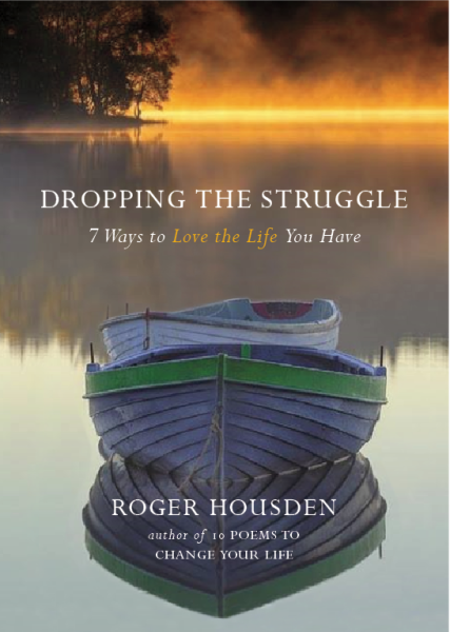
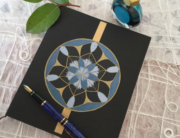

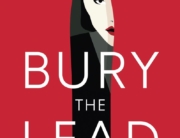
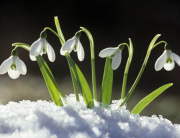
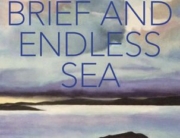
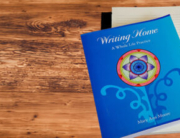

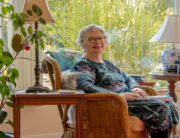
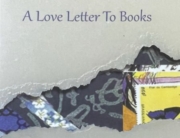

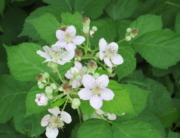
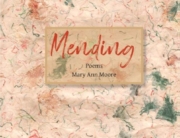
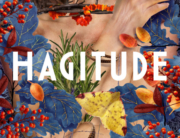
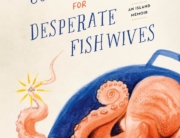
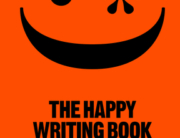

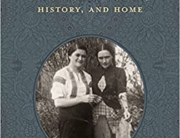
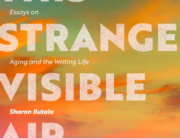

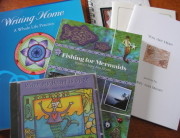
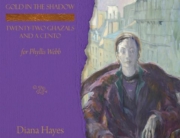
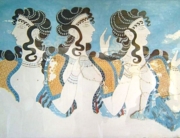

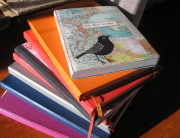
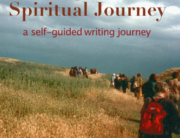
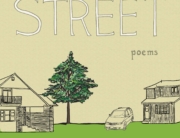
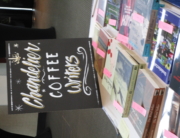
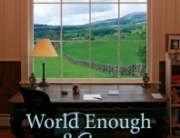
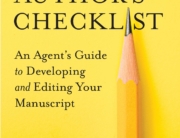
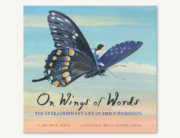

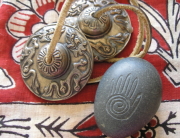
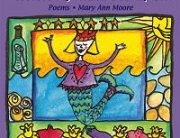
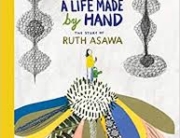
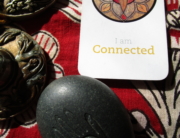
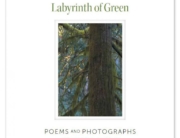
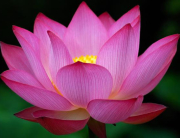
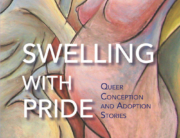
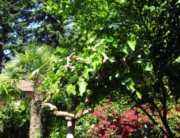
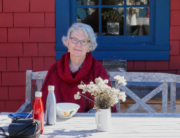
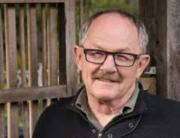
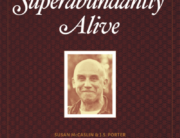
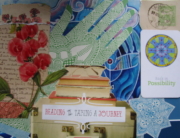
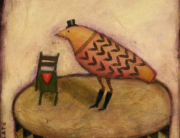
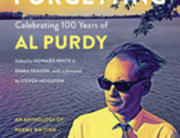
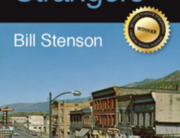
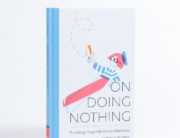
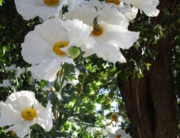
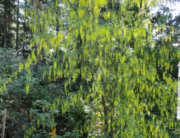
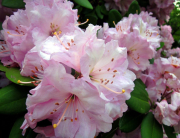
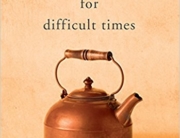

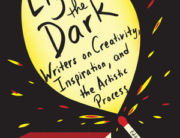

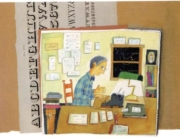
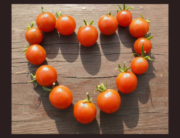
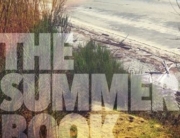
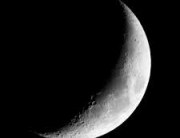

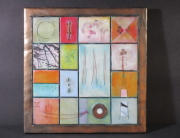



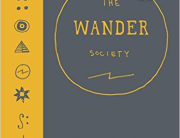


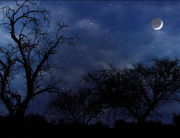
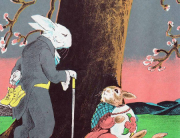
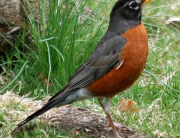


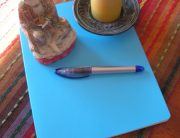


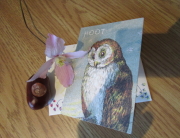
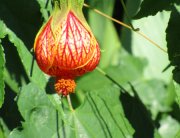
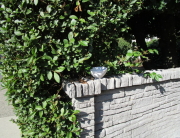
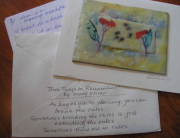


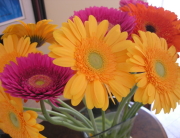

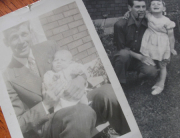
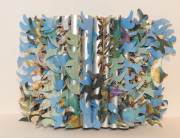


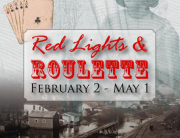
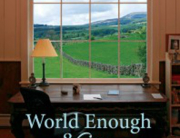
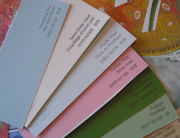


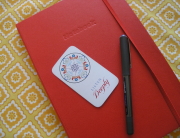
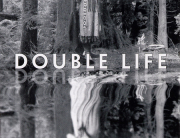

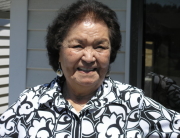
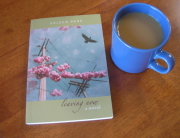




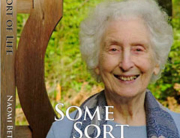

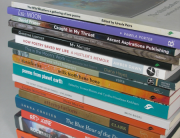

Mary Ann,
This resonates with me in a huge way. Thank you for the inspiration.
Marlene Dean
Lovely, a reminder to take it easier on ourselves.
di h
Your careful observations of so many books is a treasure to those of us who don’t make enough time to read. Thank you my dear one, for all the wisdom and brilliance you share. ~s
Mary Ann – Such a thoughtful meditation. Grace to me today. Thank you.The Rilke quote from Letter to A Young Poet says so much about the surprising grace “struggle” can be in our lives. And so glad to see mention of Love After Love! The idea central to the poem that we “feast on our life”, all of it – the good and the bad. They both help us become what we are at our truest.
Thank you Richard. Love and blessings to you as you put your poems out into the world.
A lovely piece Mary Ann- good to follow your wondering. Recently I had a dream where one of the Grandmothers who often speak to me in my sleep dreams appeared. Quietly she said, “Stop trying, but don’t quit!” Very Yoda-like and quite in keeping with your insights here I think. Blessings, Oriah
Thank you Oriah. The Grandmother’s advice is good. We still make the effort but we drop the struggle or we stop trying yet never quite. Blessings to you.
Oh, Mary Ann, it’s as if you wrote this just for me, for this very day! Thank you. (I’ll be using some of this for meditation at my women’s group on Monday) Love and hugs